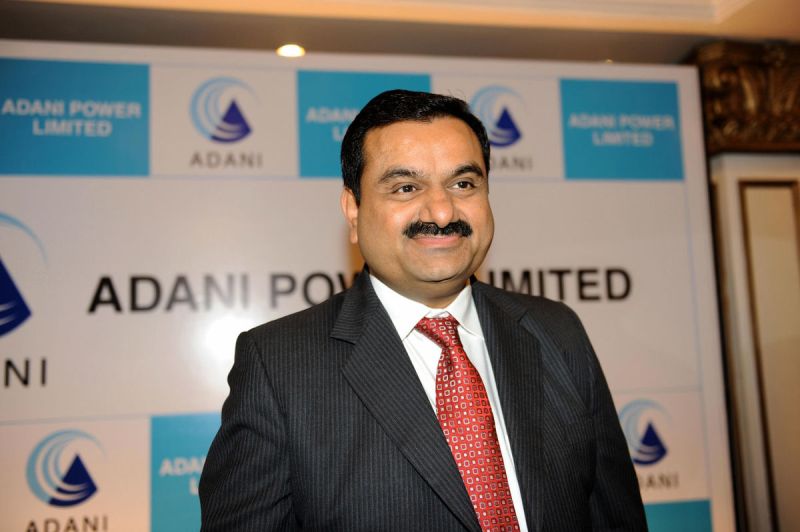Adani controversies range from tax evasion, environmental damage and human rights violations Here is a brief list of controversies that surround the richest man of Asia.
Following are some major controversies surrounding the verticals promoted by Gautam Adani and his associates:
1) In 2020, a landowner from Godda, Jharkhand, moved court accusing the Adani Group of using “coercion, fraud [and] undue influence” to illegally exclude thousands of people affected by the development from a required social impact assessment, as reported by ABC Australia. The land was home to Adani Power Limited’s thermal coal-fired power plant. The Adani Group denied all allegations stating, “the claims made against Adani Power Jharkhand Limited are unfounded and we strongly refute such claims made against the Adani Group”.
2) In the same year, Adani (Australia) was ordered by the court there to pay $106.8 million to four coal companies over a contractual dispute regarding access and terminal handling charges for the Indian business group’s Abbot Point coal terminal in North Queensland. A Supreme Court judge had then found Adani to have engaged in ‘unconscionable conduct’ and dishonest behaviour to exploit its customers, international media had then reported.
3) The Comptroller and Auditor General (CAG) of India’s report on the economy of Gujarat, which was tabled in the Gujarat assembly in 2018, found Adani Power in violation of wildlife protection norms. The power company had allegedly laid transmission lines in protected areas without getting the necessary permission.
4) In 2010, the Central Bureau of Investigation arrested Rajesh Adani, the Managing Director of Adani Enterprises Ltd, on charges of custom duty evasion of up to ₹80 lakh. He was granted bail a few days later.
5) Gautam Adani promoted Adani Group in 2008 came to the attention of media and activists yet again, with allegations of him having acquired land from the Narendra Modi-led Gujarat government for its port and special economic zone (SEZ) project in the Mundra block of Gujarat’s Kutch district — between Re 1 and Rs 32 per square metre — which much lower than other companies that set up units in the state. The Group, again, firmly refuted the claims stating that the land was bought at a time when the land prices were between the aforementioned range.













